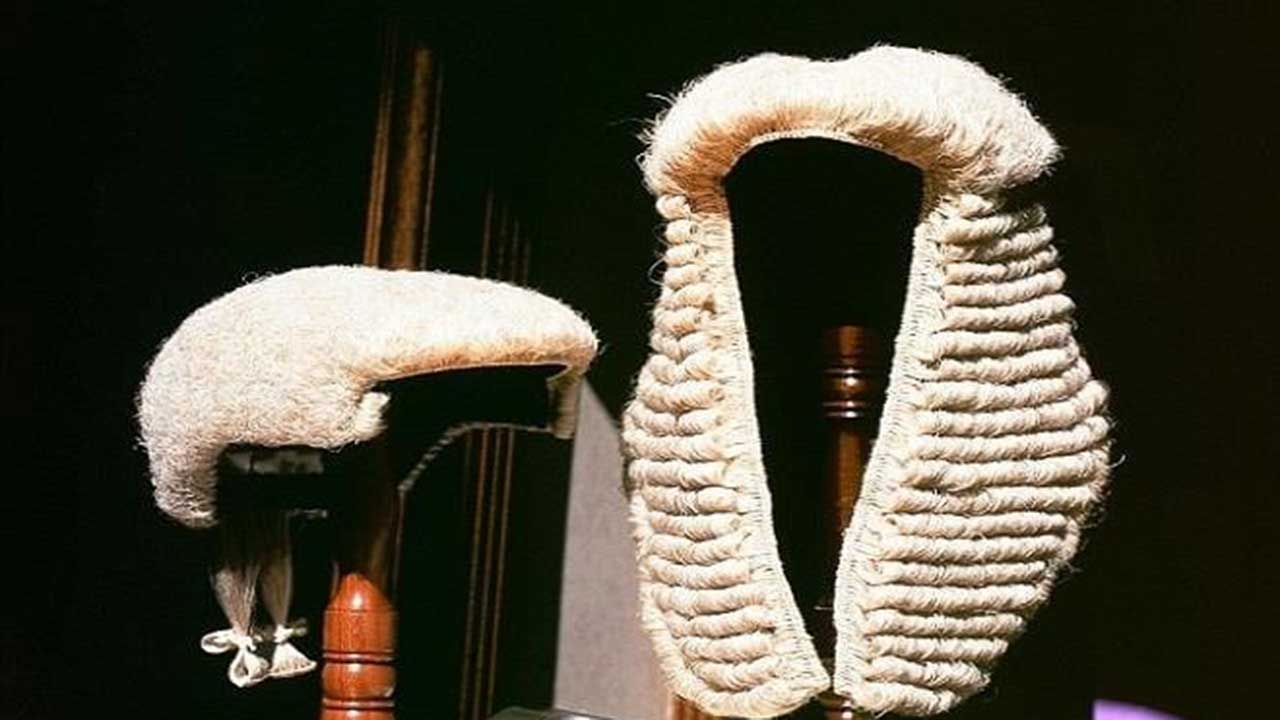 The controversy elicited recently by the construction of 40 units of residential apartments for Judges of the Federal Capital Territory (FCT) High Court, Federal High Court and The Court of Appeal in Abuja underscores the expectations for a truly independent judiciary unencumbered by any constraint or compromise. On the one hand, some people feel strongly that such a gesture undermines the independence of the judiciary for the executive to promote the judiciary’s welfare, rather than allow the judiciary as an institution to cater for its welfare.
The controversy elicited recently by the construction of 40 units of residential apartments for Judges of the Federal Capital Territory (FCT) High Court, Federal High Court and The Court of Appeal in Abuja underscores the expectations for a truly independent judiciary unencumbered by any constraint or compromise. On the one hand, some people feel strongly that such a gesture undermines the independence of the judiciary for the executive to promote the judiciary’s welfare, rather than allow the judiciary as an institution to cater for its welfare.
Although the government has denied any attempt to tamper with the judiciary’s independence, they should be mindful that perception is crucial in any dealing; and that in this instance, the perception is high that the executive is paying the judiciary; and will consequently be in a position to dictate the tune. This is not the intendment of the Nigerian constitution or the prevailing democracy.
The concern provoked by the gesture of the Minister of Federal Capital Territory, Nyesom Wike should be understood within the context of perception, at least in some circles, of the declining integrity of the Nigerian judiciary. Undoubtedly, the welfare of judges should remain a priority for the government at national and sub-national levels. The welfare of judges should be statutorily guaranteed rather than reduced to the subject of benevolence by political leaders. Issues relating to the welfare of judges should never be handled in a manner that fuels suspicion or the presumption of supplanting the independence of the judiciary.
The negative perception of the Nigerian judiciary should be unsettling even if a preponderance of uncomplimentary narratives regarding the justice system appears largely unfounded. For the judiciary to retain its prestige as the common man’s last hope, judges’ integrity must neither be in doubt nor become subject to endless controversies. The independence of the judiciary remains a cardinal principle which presupposes that the temple of justice is beyond inhibition. When justice is seen to have been done, judges are not only held in high esteem but, more importantly, immense honour is done to the justice system’s integrity. Asserting judicial integrity therefore entails deliberate and conscious efforts to which institutions and relevant stakeholders; particularly practitioners in the legal profession must be fully committed.
However, it should be deemed rather unfortunate and a huge dis-service to the judiciary for the welfare of judges that ought to be taken for granted as statutorily earned has been reduced to the subject of tokenism.
The government should prioritise investment in the welfare of judges as demonstrated by the 300% rise in judges’ salaries following the Judicial Office Holders Salaries and Allowances Bill signed into law by President Bola Ahmed Tinubu in August 2025. However, the public expectation is that all expenses connected with the welfare of judges and funding of the administration of justice should be duly appropriated and treated as priority spending. By this, the judiciary and judges will be insulated from unmitigated and avoidable debates that impugn the integrity of institutions and personalities in the judiciary. Contention over the appropriateness or otherwise of extending extra-statutory privileges of judges has accentuated scathing criticism of the Nigerian judiciary which is regrettable.
It should be instructive that the President of the Nigerian Bar Association (NBA), Mr. Afam Osigwe voiced opposition to the practice by political actors acting as benefactors of judges in the guise of catering for their welfare. The NBA President who described such practice as unconstitutional and demeaning, decried a situation “where a governor gathers judges or brings a chief judge or any person whatsoever to display to the public that he’s giving them cars as if he’s doing them a favour,” The opinion of the NBA President should be deemed apt in the quest to safeguard the judiciary and protect judges from unnecessary public opprobrium. It is recalled that Chief Justice Kudirat Kekere-Ekun during her screening by the Senate in September 2024, promised to restore the integrity of the judiciary and specifically vowed “to insulate the judiciary, push for better welfare for judicial officers to ensure they perform at their optimal.”
Therefore, it is expected that leadership of the bar and the bench will prioritise commitment to securing the welfare of judges through a statutory framework that will assert the integrity of the judiciary. It is pertinent to reiterate that prioritisation of the welfare of judges is legitimate and therefore must be accorded recognition with utmost sense of decorum without dramatisation. It sends wrong signals when political actors; particularly elected officials, publicly show the welfare of judges, which ought to be statutorily guaranteed with requisite appropriation. Some have even posited that money for the welfare of judges should be appropriated to the judiciary directly and left for the arm of government to dispense it accordingly.
The preeminence position of the judiciary is anchored on its independence which derives from the principle of separation of powers which remains the hallmark of democracy. To a large extent, therefore, the discharge of the responsibility of justice is perceived not only in terms of judgment but also on account of the judge’s integrity. It is therefore imperative to ensure that the independence of the judiciary is not, by action or inaction, perceived or presumed to have been subsumed as the benevolence of the executive arms of government. In a situation where the prevalence of political matters more often than not requires the intervention of the judiciary as an impartial arbiter, it becomes even more incumbent on judges to strive to be wary of overtures that accentuate the perception of compromise capable of undermining their integrity.






